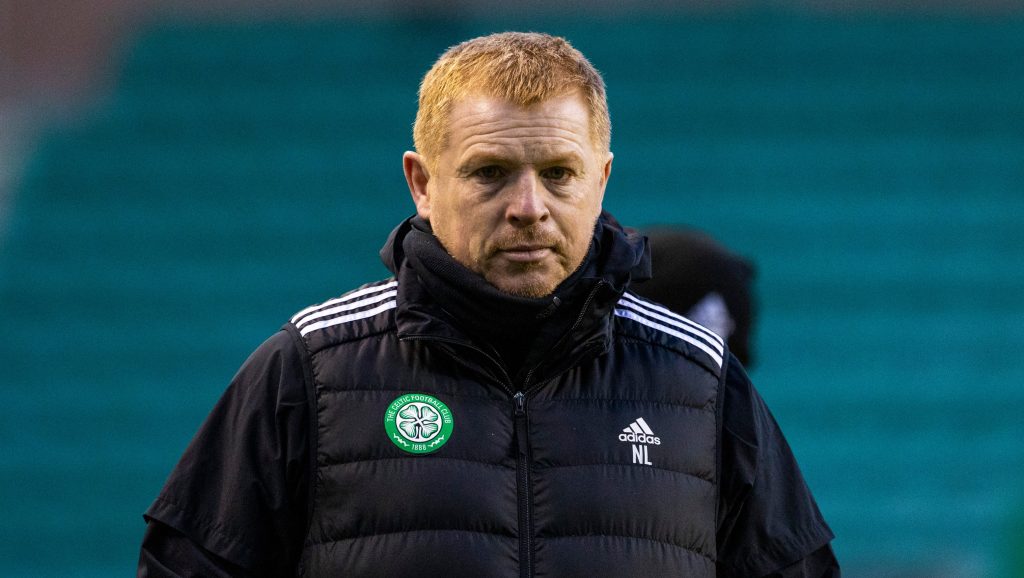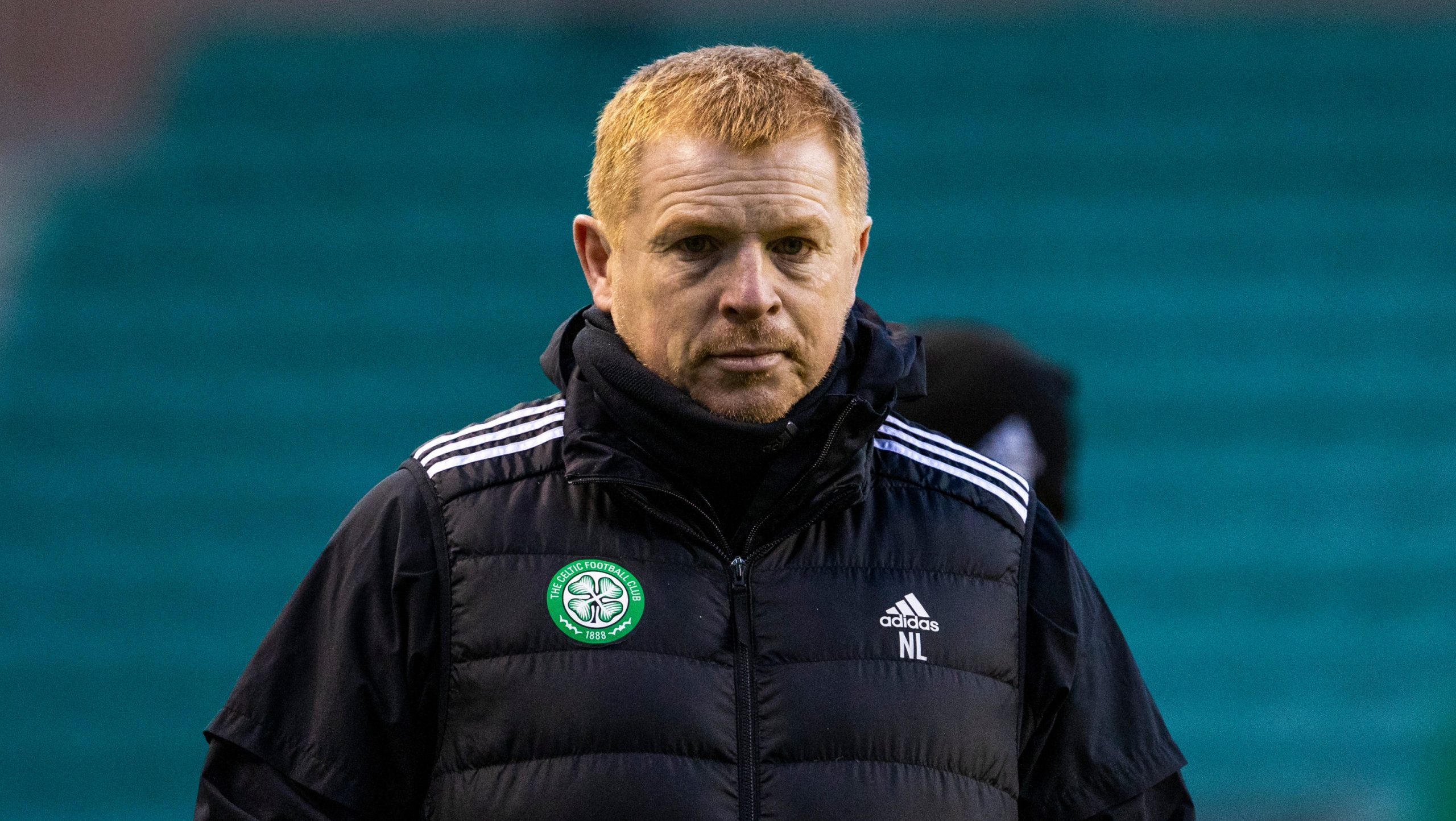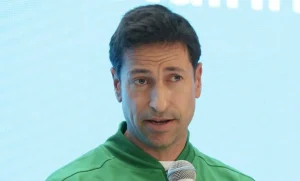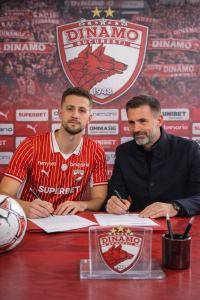
EDINBURGH, SCOTLAND - NOVEMBER 21: Celtic manager Neil Lennon during a Scottish Premiership match between Hibernian and Celtic at Easter Road, on November 21, 2020, in Edinburgh, Scotland (Photo by Alan Harvey / SNS Group)
The Call for Fair Compensation: AmaZulu Coach’s Request for Salary Increase
In the ever-evolving landscape of South African football, the role of a head coach is not only pivotal in shaping a team’s performance but also in navigating the complexities of contracts, expectations, and compensation. Recently, the head coach of AmaZulu FC made headlines by formally requesting an increase in his salary, a move that has sparked conversations around fairness, recognition, and the financial realities of professional sports.

AmaZulu FC, a club with a rich history and a passionate fan base, has undergone significant changes in recent years, including managerial shifts and player acquisitions. Under the current head coach, the team has shown promise, demonstrating improvements in performance and competitive spirit. However, with this progress comes the expectation that the coach’s compensation should reflect his contributions and the evolving nature of the team.
The request for a salary increase is not just about financial gain; it symbolizes the recognition of hard work, commitment, and the results achieved on the pitch. In a league where financial disparities exist among clubs, many coaches often find themselves navigating contracts that may not fully reflect their value or the challenges they face.
In interviews leading up to his request, the AmaZulu coach articulated his views on the importance of fair compensation in maintaining morale and motivation within the team. He pointed out that a coach’s salary should be commensurate with the results delivered, the hours invested in training sessions, and the strategic planning involved in leading a professional football club.
“Football is a demanding profession,” he stated during a press conference. “We spend countless hours preparing our teams, analyzing opponents, and developing strategies. Recognition in the form of a salary that reflects our contributions is not just a matter of fairness; it’s essential for the sustainability of the sport at this level.”
The coach emphasized that an increase would not only benefit him personally but would also send a positive message to the players and staff about the value placed on their efforts. In a competitive environment, financial incentives can play a significant role in attracting and retaining talent.
Understanding the broader financial landscape is crucial when discussing salary increases in South African football. The financial stability of clubs varies widely, influenced by factors such as sponsorship deals, merchandise sales, and matchday revenues. While larger clubs like Kaizer Chiefs and Orlando Pirates often command significant budgets, smaller clubs may struggle to match those figures.
AmaZulu, positioned as a competitive team, has made strides in securing sponsorships and enhancing its visibility. However, budget constraints still pose challenges when it comes to salary negotiations. The AmaZulu coach’s request thus raises important questions about how clubs allocate resources and prioritize investments in coaching staff compared to player salaries.
Upon receiving the coach’s formal request, AmaZulu FC management responded cautiously. While acknowledging the coach’s contributions, they expressed the need to balance the club’s financial health with the demands of the coaching staff. The management reiterated their commitment to supporting the coach and team while emphasizing the importance of fiscal responsibility.
“We value our head coach and the direction he has taken the team,” said a club spokesperson. “However, we must also consider the broader financial implications of salary adjustments. We are in discussions to explore how we can address his request while ensuring the club remains stable.”
This response highlights the delicate dance between ambition and practicality in football management. While clubs aim to reward their coaches and players, they must also be wary of overextending their financial commitments.
Interestingly, the players on the AmaZulu squad have voiced their support for their coach’s request. Several key players have publicly stated that they believe the coach deserves recognition for his leadership and the positive changes he has implemented within the team.
“Having a coach who is passionate and dedicated to our success makes a huge difference,” one player commented. “When the club invests in him, it sends a message to us that we are all valued. It boosts morale and creates a winning environment.”
This player sentiment reflects a growing awareness among athletes about the importance of coach-player dynamics and how financial recognition can foster a culture of respect and ambition within the squad.
The AmaZulu coach’s request for a salary increase is not just a personal issue; it reflects broader trends within professional sports. As athletes and coaches alike demand fair compensation for their work, the landscape of sports management is evolving. Clubs are increasingly recognizing the need to invest in their coaching staff as an essential part of building successful teams.
Moreover, this conversation about salary fairness extends beyond individual clubs. It touches on the larger narrative surrounding sports professionalism, where stakeholders—including fans, sponsors, and media—must understand the value of investing in all aspects of a team’s success.
As discussions continue between the AmaZulu coach and management, the football community will be watching closely. The outcome could set a precedent for how clubs in South Africa approach coach compensation in the future. If the AmaZulu coach’s request is met with a positive response, it may encourage other coaches within the league to advocate for their worth, potentially reshaping the dynamics of salary negotiations across the board.
Ultimately, the resolution of this situation will reflect not only on AmaZulu FC but also on the broader South African football landscape. It serves as a reminder that recognition and fair compensation are vital components in fostering a thriving sports culture—one where dedication, passion, and talent are celebrated and rewarded.
The request for a salary increase by the AmaZulu head coach is emblematic of the complexities faced by professionals in the competitive world of football. It highlights the need for fair compensation, the financial realities of the sport, and the importance of recognizing the contributions of coaching staff. As negotiations unfold, the focus will remain on finding a balance between ambition and practicality, ensuring that all stakeholders in the beautiful game feel valued and respected.







